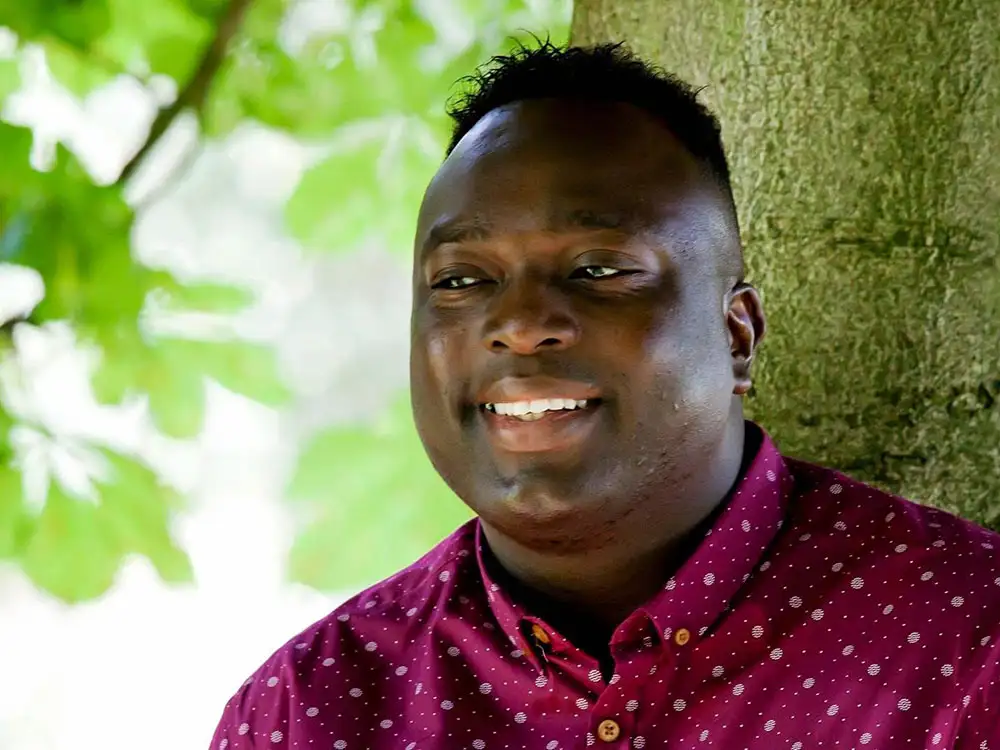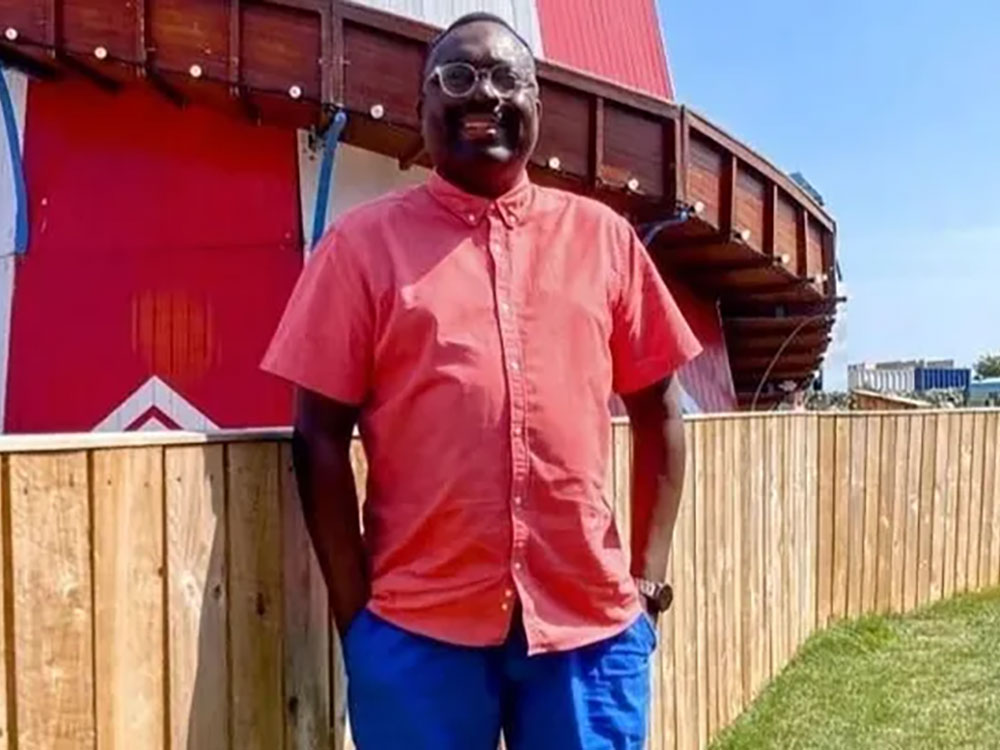An “inspirational” teacher who suffered from diabetes died just hours after being released from police custody due to injecting an excessive amount of insulin, a coroner has ruled.
Michael Tolulope Oyebode, described as a “gentle giant”, was 41 years’ old when he died at his home in Holgate on 29 September 2022.
He had been arrested by North Yorkshire Police the previous day and taken into custody at Fulford Road Police Station. He was released without charge at about 1am on the morning of his death after custody officers and nurses raised no concerns about his physical and mental health.
The four-day inquest, held at Northallerton Coroners’ Court, heard that Mr Oyebode had Type I diabetes, bipolar disorder and a history of hypertension.
He had suffered mental-health stresses after he was involved in a car crash on 23 August and his wife had left with his children only days later.
Relatives said that Mr Oyebode – who worked in web and product-engineer design after graduating from university and then taught engineering and design technology – had used a diabetes patch to monitor his blood-sugar levels so that he would know the correct dosage of insulin to take.
They said the patch was linked to a smartphone app which would alert him to any changes in his blood-sugar levels, but police confiscated his phone after arresting him.
His family claimed “he had no way of monitoring his diabetes and knowing the correct dosage of insulin” to take, but the inquest heard he had a blood-testing kit at home.
Earlier in the inquest, Dr Jennifer Bolton, the Home Office pathologist who carried out the post-mortem, said there was a high level of insulin in Mr Oyebode’s system.
She said that Mr Oyebode had died due to injecting excessive insulin which would have led to hypoglycaemia.
Deemed ‘medically fit’

Mr Oyebode’s aunt, who raised him in London following the death of his parents in a car crash in 1982, said she had spoken to her nephew in a video call shortly after his release from custody.
He told her his phone had been confiscated by police but that he would buy another one the following morning.
She made numerous attempts to call him later that day, but he didn’t respond, so she rang the Metropolitan Police and the Fulford Road station to tell them she was worried about her nephew.
A call log was recorded at about 10.30am but police didn’t arrive at Mr Oyebode’s flat in Lindsey Avenue until about two hours later after a mental-health team asked for a welfare check.
There was no response when an officer knocked on the door and the fire service had to be summoned to allow officers to get into the property. Mr Oyebode was found unresponsive inside the flat and was pronounced dead at about 2.30pm.
On the day before his death, two officers were sent to Mr Oyebode’s flat with instructions to arrest him in connection with a message he had allegedly sent to his wife. One of the arresting officers said that Mr Oyebode had to be handcuffed “because he said he wanted to kill himself”.
They helped him gather his medication including his diabetes patch and sensor before taking him into custody.
Police said that his phone was seized “for evidential purposes”, which was standard practice for such cases.
Mr Oyebode was checked by a custody nurse who said his blood-sugar levels were quite normal, if “slightly elevated”, and administered an insulin injection. She had “no concerns” about his physical or mental health and he was said to be coherent.
A second nurse on the night shift said that Mr Oyebode was deemed medically fit for release from custody after being interviewed by police with his solicitor present.
Custody staff and nurses were aware he had a traditional or “finger-prick” blood-testing kit at home to monitor his blood sugar.
The father-of-two was released at about 1am, but by 10.40am a police dispatcher at Fulford Road received a call from The Metropolitan police saying his aunt was worried about him.
‘Gentle giant’
Doctors who had been treating him in the weeks and months before his death said there had been “limited interaction” between Mr Oyebode and his mental-health team in 2022 “until September, when he saw the team on quite a regular basis”.
The inquest concluded today (Thursday) when coroner Jonathan Leach said it was clear that Mr Oyebode had no concerns about being without his diabetes smartphone app on the day he died and had a home-testing kit to monitor his blood-sugar levels.
“There was no evidence that any concerns were raised at all and (Mr Oyebode) said he would get a new phone in the morning, which indicates there was no urgency,” added Mr Heath.
He recorded a short narrative verdict that Mr Oyebode died due to the effects of insulin and that there was “no evidence as to when the insulin was injected”.
Before the inquest, Mr Oyebode’s cousin, Antoinette Okoiye, said she believed that her cousin had “died of a broken heart”.
She said that in his last Facebook post, the day before he died, her cousin had expressed his profound distress at not seeing his sons.
She described her cousin, whom she referred to her as her brother, as a “gentle giant” who was “loving, caring and quiet”.
“His boys…were his world,” she added.
She said her cousin was born in Nigeria in 1981 but her mother took him in and raised him in London from the age of eight after his parents died in a car accident when he was 18 months’ old. He moved to York in 2005.
“We grew up together as brother and sister,” she added.
“He was everything to me, the best older brother anyone could ever ask for. My brother leaves behind two beautiful sons and the students he inspired to become great engineers, designers and technologists. All those around him loved him.”
Mr Oyebode’s funeral was held in London in October 2022.
